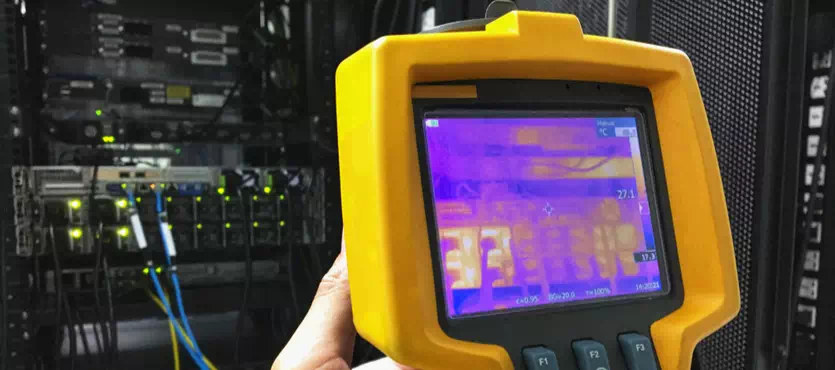Coming from an Information Technology (IT) industry means that you and your company rely heavily on servers for several types of computing and work. This implies that you are most likely utilizing your precious servers continuously beyond capacity. In such extreme situations, there exists a high probability that the physical server can overheat and cause some serious damage to your entire IT infrastructure and business.
Our IT engineers have come across several such cases since inception, hence we decided to collate all the pointers so that our clients can take precautions from their end as one says, “prevention is better than cure”.
Let’s now understand a few best practices that have been that have been utilized across industries that prevent the physical server from overheating:
Ensure Sufficient Ventilation in the Server Room
Servers generate an enormous amount of heat. To counteract this, they should be kept in areas with adequate ventilation and cooling. If the room where the server is kept is not well-ventilated, the server will heat up even faster and there is a risk of melting. This results in the server being completely irreparably damaged. Hence, it is necessary to maintain ventilation in the server room.
Always Keep the Server Room Temperature Low
As in the previous point, a good cooling system is also required to prevent heat from damaging the server. IT server maintenance largely relies on proper temperature conditions in the room. Coolers, fans, and the necessary air conditioning must be introduced into the room. If the server starts to warm up, it can cool down quickly if a proper cooling system is installed in the server room.
Separate Quarters for Server Equipment
If the physical servers are not indoors, some people may be unable to withstand the cold environment and low temperatures required to keep the server cool. Therefore, having all IT hardware equipment in separate rooms is always an advantage. A special cooling system such as cooling shelves can be added and the temperature adjusted accordingly.
Regular Server Maintenance is a Must
There will be a scenario wherein the server may not be subjected to additional load, but it heats up quickly. This can happen due to outdated hardware. Servers must be checked routinely and their internal hardware or server parts must be replaced when necessary. This will ensure that the server will be protected from damage and you can also take advantage of new hardware versions or server spares.
Servers are an essential part of any business because of the critical resources they contain. Damage to the physical server due to heating problems can result in the loss of such resources and hinder the work of any organization. Therefore, you must always keep your servers in a suitable environment and have easy access to them. Server support services & server maintenance should always be in place to counter times when the server gets damaged.
